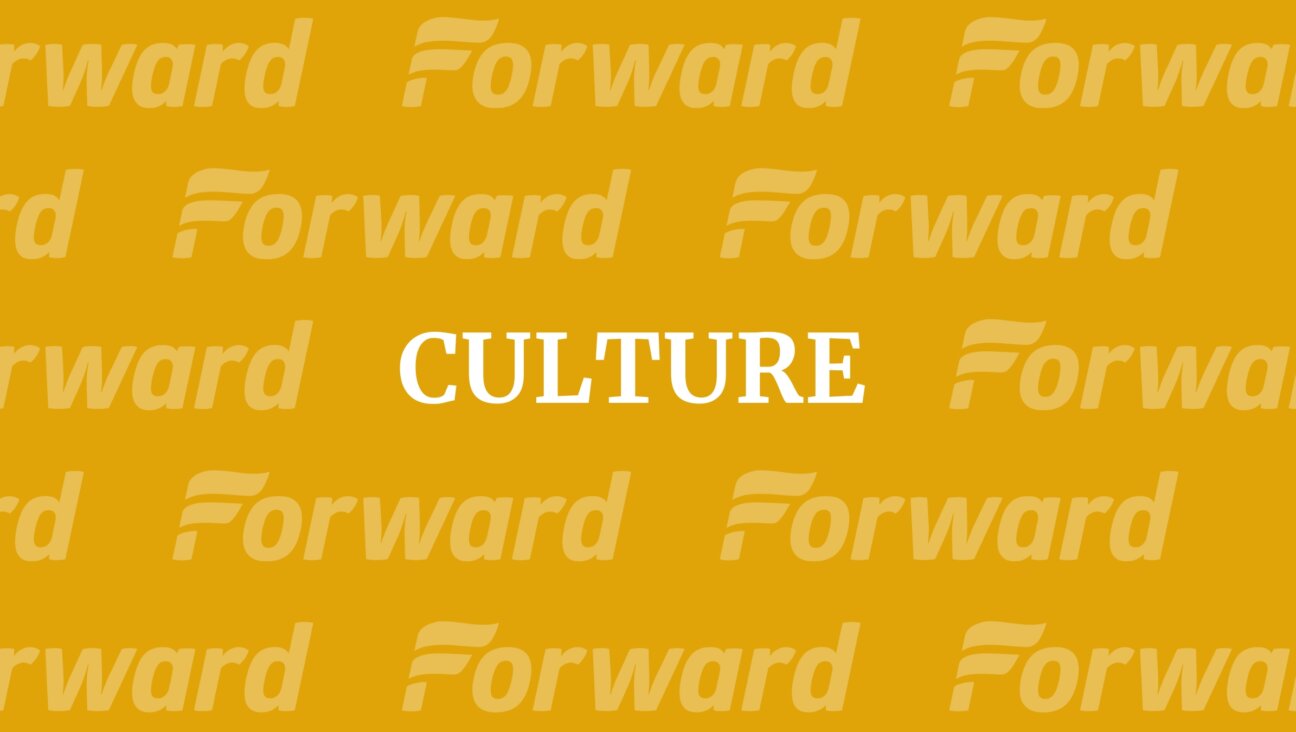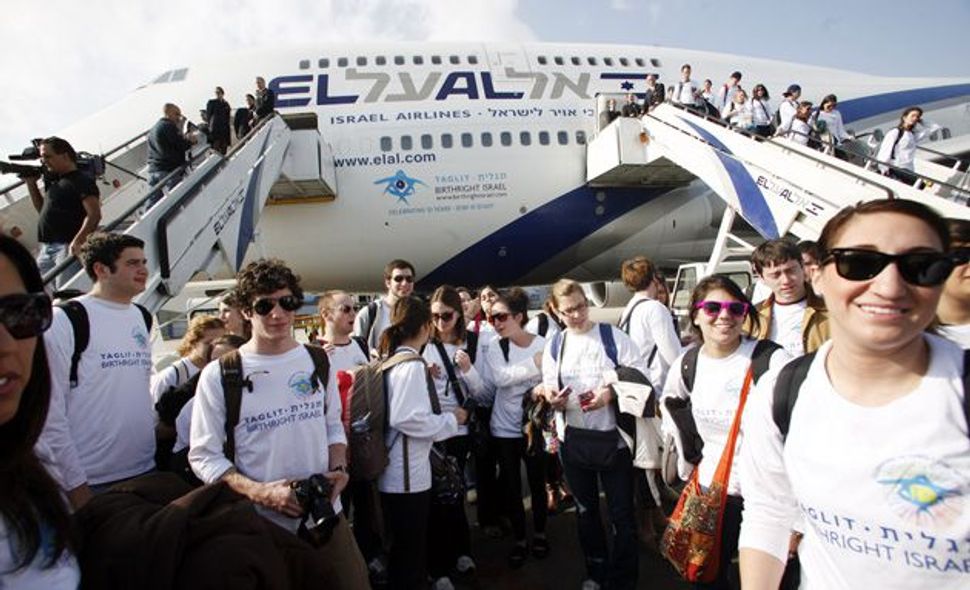Ryan Yuffe
By Ryan Yuffe
-

Life Blognik Beat and the Future
For the past six months Blognik Beat has been dedicated to exploring the past, present, and future of Russian-Jewry. Its bloggers have reached back into time to re-tell the story of their ancestors, of their hardships in the Soviet Republic and their struggles in acclimating to a new world. But this blog has not strictly…
-

Life Is Free Really the Way To Go?
At around this time of year the Tel Aviv beaches are filled with foreigners, hotels are booked to the last room, and thousands are floating their troubles away at the Dead Sea. Many programs have brought Jews, specifically those of college age, to Israel. The most popular of these programs, of course, is the Taglit-Birthright…
-

Life The Future of Russian Jewry
A month ago I attended an event on Russian-Jewish philanthropy. The big name speakers — Russian leaders of major Jewish organizations — explained that we were witnessing a watershed moment. The Russian-Jewish community in America, which had over the past few decades lived off of the welfare of others, had risen to a considerable position…
-

Life How My Seder is Different
Year to year there isn’t much change when it comes to my Passover Seder. Wine, matzo, and politics are always the dominant features. But this year I want to be conscious of the message the Haggadah provides and what it means to me. Searching for that meaning forces me to look back on the vastly…
-
Life Israeli Politics at Brandeis University
For a period of a few weeks the Jewish community followed the events of Israel Peace Week and Israel Apartheid Week at my school, Brandeis University. Looking back, there seems to have been a large disconnect between the amount of attention the events received in the Jewish press and the reality that exists on my…
-

Life A Russian On Campus
Last year, with each college campus I visited, the tour guide raved about the uniqueness of each brick that made up this or that structure, the new “green” innovations on campus, and the dining hall filled with organic and environmentally friendly food. What these guides also emphasized was the diversity that existed on their campus….
-

Life Israel Peace Week at Brandeis
There was a clear divide in the room — kefiyas and kippas, Muslims and Jews, secular and religious. It was Ali Abunimah, an outspoken supporter of the “one-state solution,” who had made this gathering possible. Recently Abunimah spoke at the University of Pennsylvania where his presence seemed to join together the emotions of the entire…
-

Life Russian Democracy: Frozen No Longer
Harsh, relentless, and unforgiving, the Russian winter has played a major role in preventing the armies of Napoleon and Hitler from invading and conquering Russia. The Russian winter is a variable with a track record of changing the course of history. But perhaps change is the wrong word — rather than encourage change, this unbeatable…
Most Popular
- 1

News Meet the Jews who helped elect Zohran Mamdani
- 2

News What Zohran Mamdani has actually said about Jews, Israel and antisemitism
- 3

Fast Forward Calling itself ‘MechaHitler,’ Elon Musk’s AI tool spreads antisemitic conspiracies
- 4

News Curtis Sliwa has a plan to beat Zohran Mamdani in NYC mayor’s race — and it starts with apologizing to Jews
In Case You Missed It
-
Shop the Forward Store
100% of profits support our journalism











